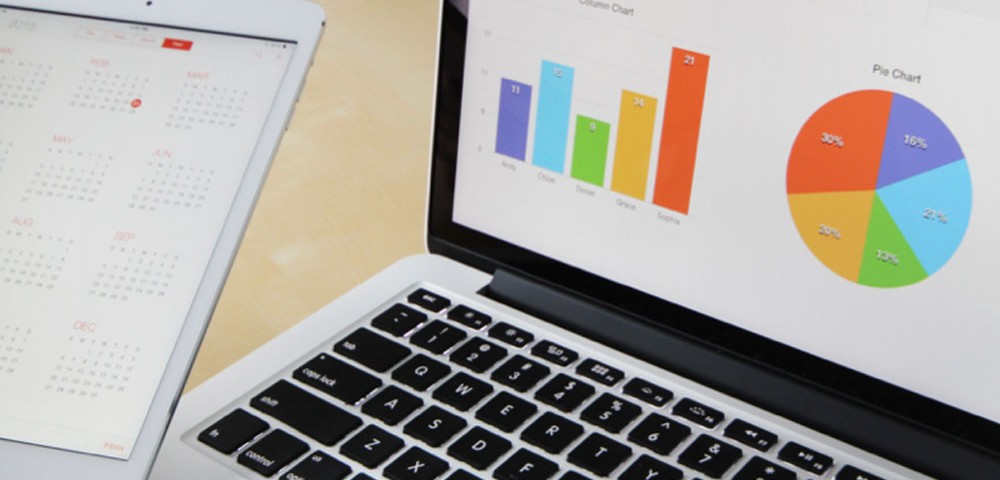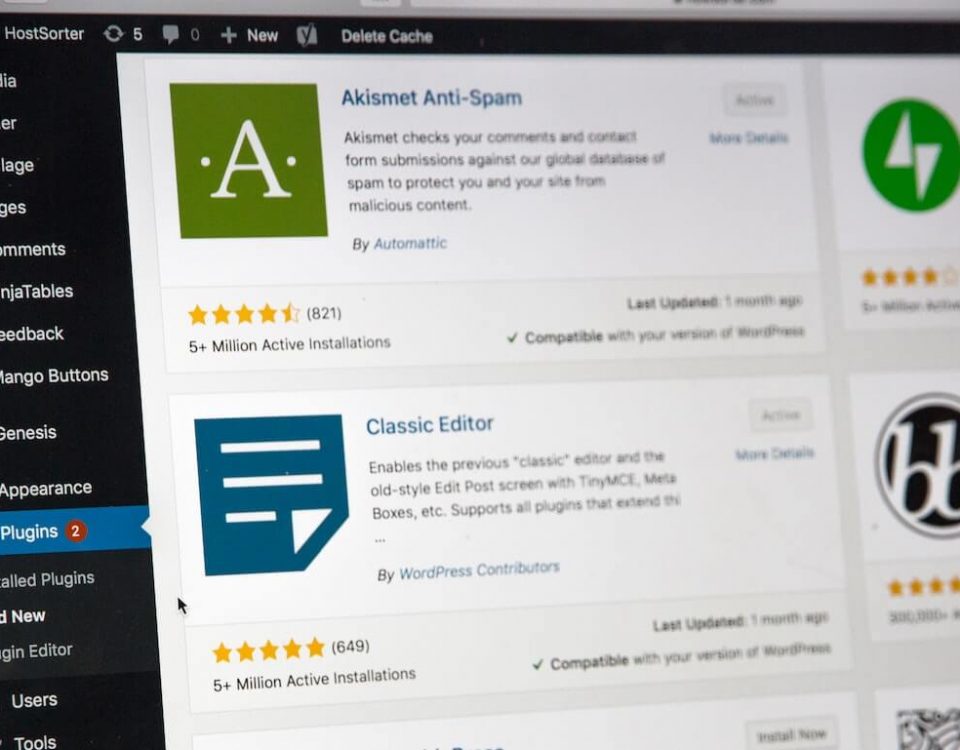2015 Highest Ranking Web Pages Leverage These Two Factors

Featured Snippet? What is it?
August 26, 2015
How Often Should You Post on Social Media?
September 8, 2015The 2015 “Search Ranking Factors & Rank Correlations” study reveals the two major factors used by the highest ranking web pages are technical (on-page) SEO and highly-relevant, well-optimized content. The study also reveals that “relevant, holistic content is more important than ever“and that the relevance of keywords is falling.
Understanding the answers to the benchmarks and commonalities of the top 10 search results, provides insight into what best practices you or your web solutions provider should be following.
1. On page technical optimization (On Site SEO)
Meta Description, Headings, Tags (H1 and H2)
Search engines love this Technical Trinity. They provide structure and enhance user experience.
Almost every landing page had a meta-description. To increase your search engine results, we recommend using strong meta description text, clear headings with the keyword as close to the front as possible and H1 tags.
The report suggests that the corresponding (effective) usage of these elements can increase the click-through rate (CTR), time on site and reduce the bounce rate, which can have a positive influence on increased search engine page ranking (SERP).
Site Speed
Pages with higher rankings have faster load times. The average desktop load time for the top 30 ranking websites is 1.2 seconds and the top 10 fastest loading sites comes in at 1.16 seconds.
URL Length
Size matters. The shorter the URL, the better. The top search engine position is reserved for the shortest URL.
2. Relevant content improves the overall ranking of your site
Word Count
The top 30 rankings had an average word count in HTML documents of 1140 words; the top 10 ranking sites averaged 1285 words. That’s up 20% and 24%, respectively, over 2014. To improve your page ranking, write on topics in the context of your business with specific focus on the needs of your targeted audience.
Websites with the most relevant content for a search query rank highest.
Optimize Your Content and Share
Enough can’t be said about optimizing your content and getting it posted on other websites.
- SlideShare
- Visual.ly
- LinkedIn Groups
- Triberr
- StumbleUpon
- BizSugar
- Your Email List
- Scoop.it
- Blog Engage
Keywords in Internal Links
Improve your page ranking results (SERP) by including main keywords in the URL of the post or page.
Readability
The top 10 landing pages score slightly less than 76 on the Flesh reading ease score. The higher the score, the easier it is to read. Be sure to write your content at the level of your target market. CheckText.org and your word processing software is likely equipped with a text reading analysis tool that includes the Flesch-Kincaid assessment.
Keyword Importance
Interestingly, the importance of keywords in internal and external links seems to be declining. As well, if the article isn’t providing user-level relevant content, focusing optimization practices on single keywords or keyword lists will not provide long-term results.
Searchmetrics Ranking Factors 2015 report is full of interesting and applicable revelations of the top ranking websites that you can apply to your website and content.
I’d love to hear if this was helpful for you.
Interested in increasing your page rankings? Contact us directly or use our FREE SEO Analysis ($295 value) to determine where gaps and opportunities for improvement exist.




